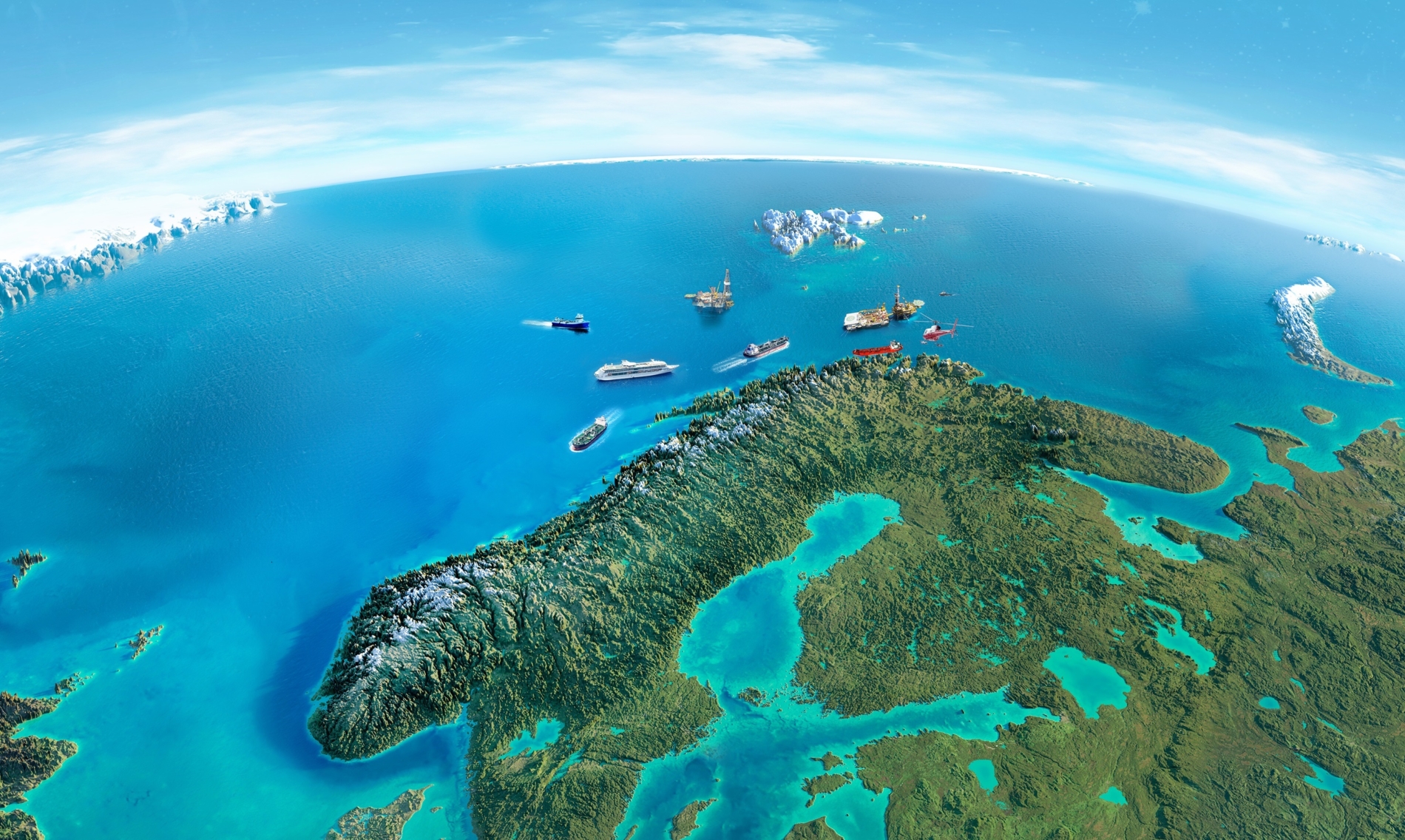The conflicts between ocean industries are not as intense as they may appear.
This is the conclusion of a new report from the Centre for the Ocean and the Arctic, based on a comprehensive survey of the coexistence of Norwegian ocean industries.
The survey shows that coexistence involves much more than sharing space within a region. Although coexistence is usually associated with overlapping use of space and the conflict that entails, the industries themselves highlight factors such as trust and dialogue, use of each other’s value chains, sharing of available resources, collaboration and learning from each other.
A key finding is that conflict is often linked to the conservation of resource bases. In a survey of industry players, about half the respondents maintained that other industries pollute their resource base. However, the perceived negative influence of others does not correlate with objectively observable negative impacts at sea.
According to the report, coexistence in the ocean generally functions smoothly. The report also presents several positive findings. For example, of all Norway’s industries, the marine sector is best at collaborating to advance technology and innovation.
– We have a distinct impression that the ocean industries desire sustainable development in collaboration with others that use the sea. That said, we clearly expect more activity in the future, especially in the coastal zone. Thus, it is crucial that we facilitate cooperation between existing and emerging industries in such a way that conflicts are avoided, says Jan-Gunnar Winther, director of the Centre for the Ocean and the Arctic.
The Centre is studying coexistence between Norwegian ocean industries to find out how it can evolve, and how it might be improved to stimulate positive synergies.
At the same time, the Centre is examining Norwegian marine enterprises’ use of the term “sustainability” and how they relate it to coexistence. The survey reveals a wide range in how the concept of sustainability is understood and used, and the enterprises say they have difficulty operationalising sustainability. After pure idealism, their most important incentives for working towards the sustainability goals include attracting customers and increasing turnover.
This is the first in a series of three reports on the theme. The next two will address future scenarios and solutions related to coexistence and sustainability. Menon Economics and SINTEF Ocean are preparing the reports on behalf of the Centre for the Ocean and the Arctic.

